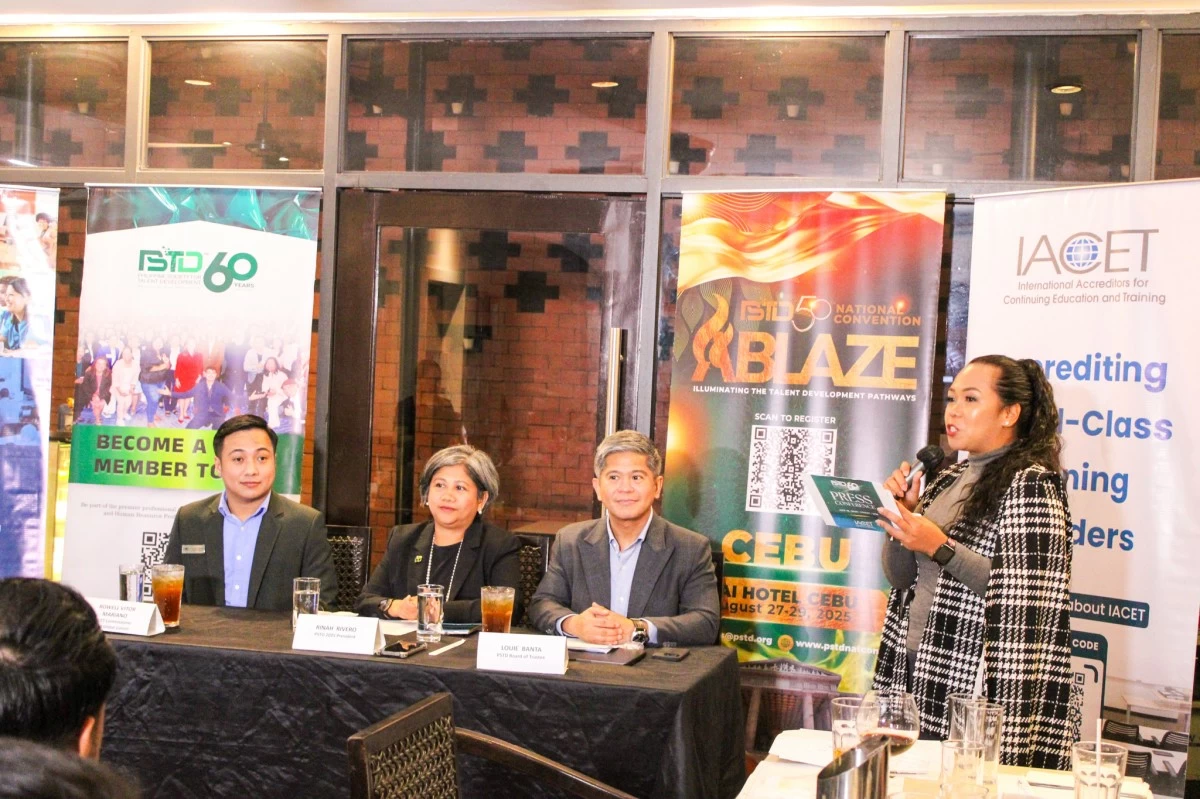
Upgrade to High-Speed Internet for only ₱1499/month!
Enjoy up to 100 Mbps fiber broadband, perfect for browsing, streaming, and gaming.
Visit Suniway.ph to learn
During the Samsung Unpacked 2025 held in San Francisco last week, we attended one of the group panels (Galaxy Tech Forum) that discuss about Home AI and Samsung’s involvement in this space.

In the panel discussion, hosted by Carolina Milanesi (Founder and Principal Analyst, The Heart of Tech), Samsung reps add their take on the future of smart homes and the role of AI in enhancing user experiences.
Joining her is Samsung’s Corporate Executive Vice President Mobile eXperience, Patrick Chomet, and Jaeyeon Jung Executive Vice President at Samsung Electronics and former Head of SmartThings along wiht Tobin Richardson, President & CEO, Connectivity Standards Alliance.
Here’s a quick summary of the discussion.
1. Smart Home Evolution: The panelists acknowledge that the initial promise of smart homes fell short, with connected devices requiring significant user effort to function properly. The experience felt transactional rather than truly smart.
2. AI’s Role in Improving Smart Homes: AI, particularly large language models (LLMs) and multi-modal AI, is seen as a foundation for delivering more intuitive and natural user interfaces that better understand user intentions. This technology is expected to improve scalability across multiple applications and devices.

3. Personalization and Context: AI is crucial for understanding user context and personalizing experiences for different individuals in a home, making smart home functions more relevant and useful.
4. Samsung SmartThings Platform: Samsung’s SmartThings platform has grown significantly, with over 350 million registered users worldwide and 170 million actively connected devices. The company expects to reach 500 million users in the near future.
5. Interoperability Standards: The discussion highlighted the importance of industry-wide standards like Matter, which aims to create a unified language for smart devices. This open standard involves over 800 companies working together to improve interoperability in the smart home ecosystem.

6. User-Centric Approach: Samsung has shifted from a device-centric to a user-centric approach in product development, focusing on user experiences and activities rather than just device capabilities.
7. Future Challenges: The panel discussed ongoing challenges, such as managing multiple users in a home, personalizing experiences based on individual needs, and integrating health data from wearables to automate home functions like temperature control.
The discussion emphasizes the potential of AI to transform smart homes from merely connected spaces to truly intelligent environments that understand and adapt to user needs seamlessly. Too bad there was no opportunity for a Q&A from the media since I have a few questions to pitch in myself.

 5 months ago
61
5 months ago
61



